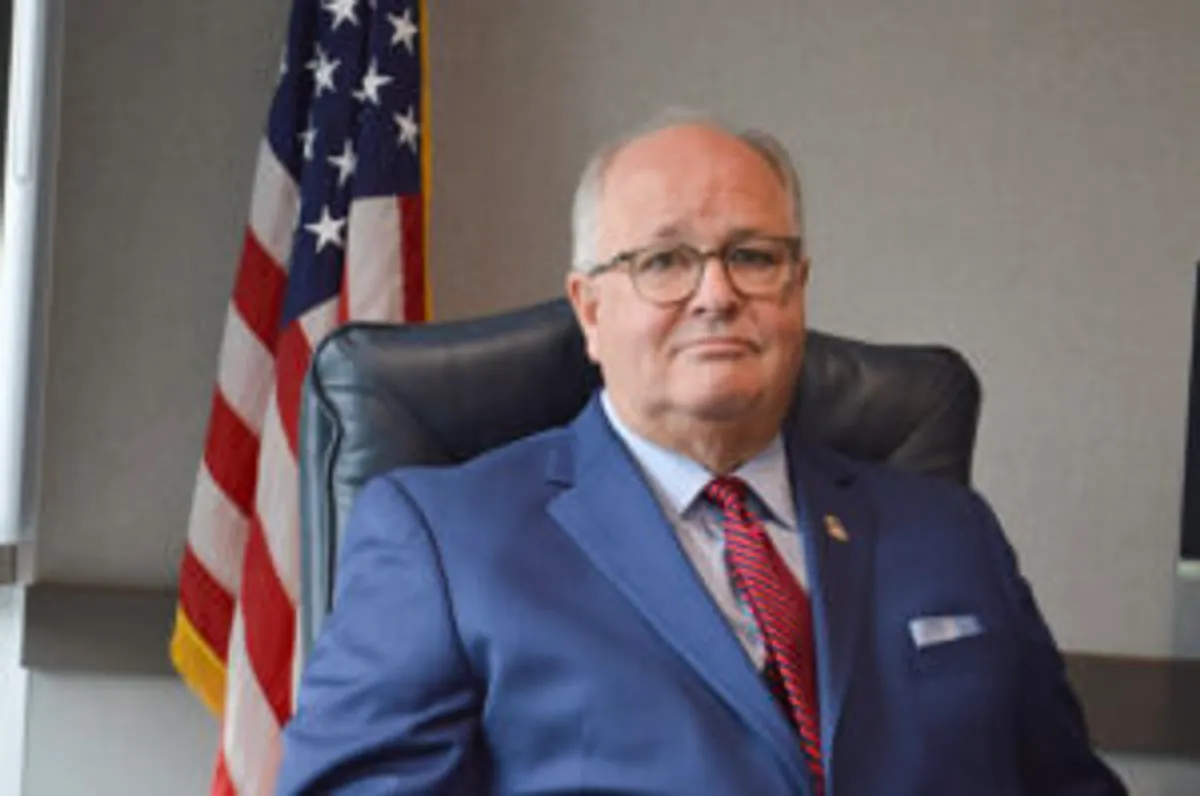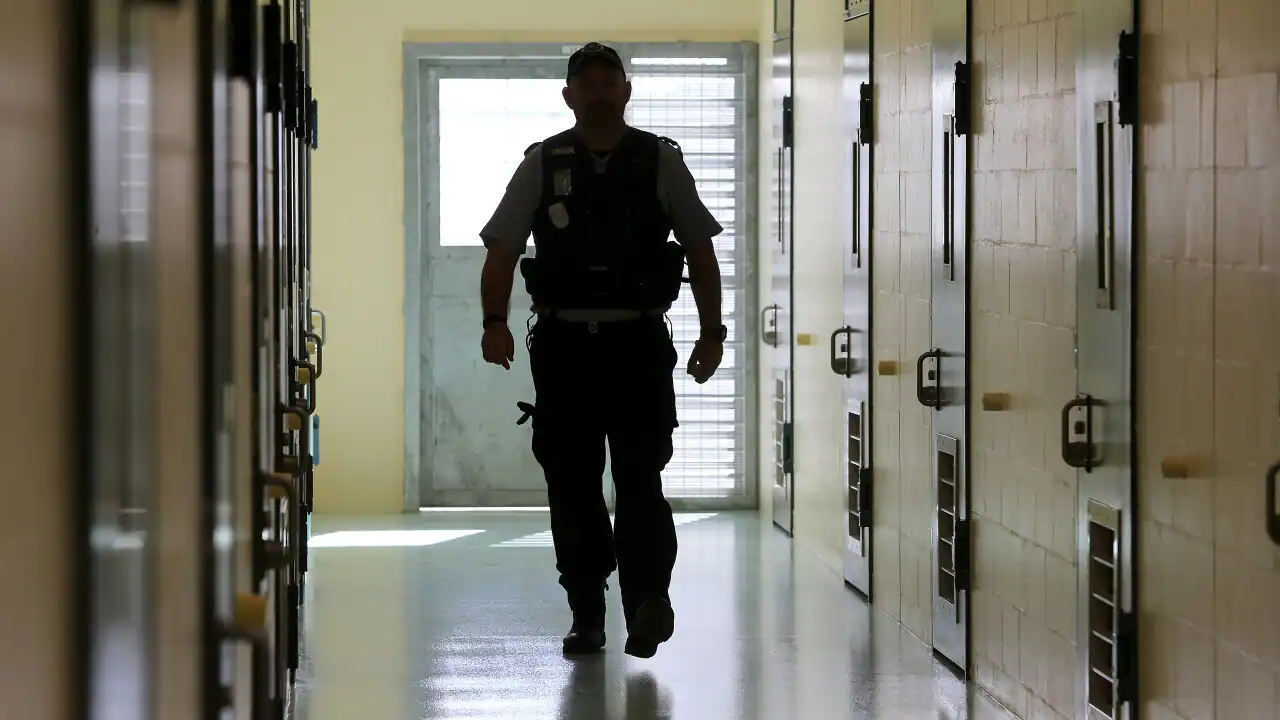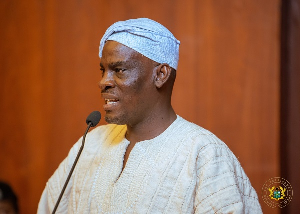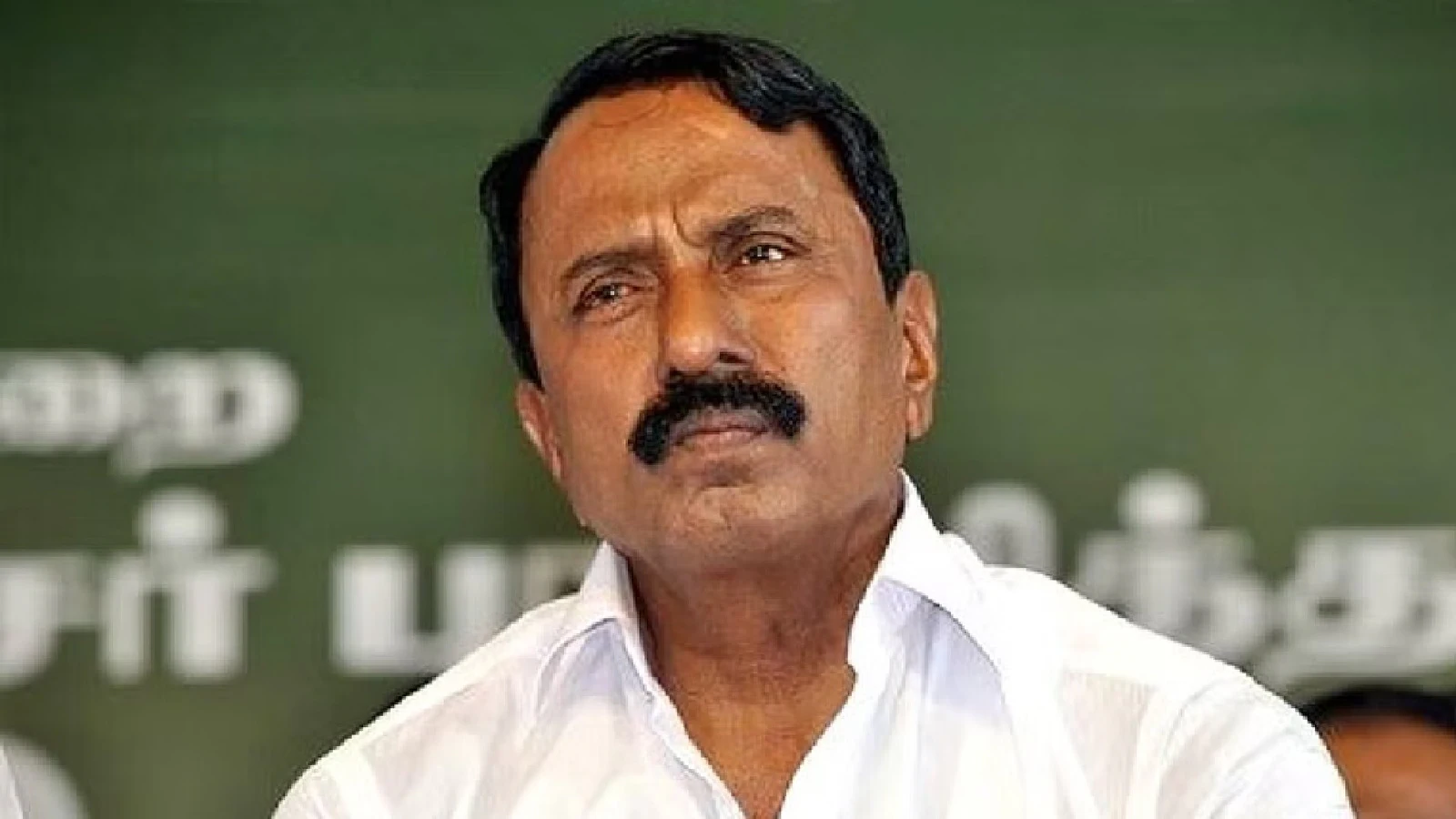Copyright Lewiston Morning Tribune

After around 20 years as a lawmaker in the Idaho Statehouse, Bart Davis said he had to learn to check his “politics at the door” at his new job as the state’s top federal prosecutor. That is a lesson he’s taken from his first term in the position of U.S. attorney for the District of Idaho under President Donald Trump’s first term, from 2017 to 2021. The U.S. Senate this month confirmed the nomination of the Idaho Falls native to serve another term. Davis, 70, said he learned a lot from the other attorneys who work in the office that he’s bringing with him this time around. “I learned from the people who were here how to check my politics, not my values, but my politics at the door,” Davis said, “and I learned that collectively, although we may disagree on some social issues, or we may disagree on other issues of the day, we don’t talk about it. And we talk instead about the cases we have, the mission that we share, and it was easy to get about the work with that type of a mindset.” Davis has yet to meet with the U.S. Attorney General Pam Bondi, he said during an interview with the Idaho Capital Sun Wednesday, but the priorities for the office are likely to remain largely the same as when he served the first time, under both former attorneys general Jeff Sessions and Bill Barr. “My priorities are the priorities of the Department of Justice,” he said. Those include prosecution of drug trafficking, transnational organized crime, gangs, crimes against children, protection of law enforcement, violent crime, felonies committed on Native American reservations, and immigration enforcement. While there’s an increased focus from the current White House on immigration enforcement, Davis said, his office only gets involved when there’s a criminal aspect, such as smuggling undocumented immigrants, use of fraudulent federal immigration documents, or illegal reentry of someone who was previously deported. He doesn’t see that role being expanded much, because most enforcement will still occur through the Department of Homeland Security. One change Davis has noticed from his first time in the office is the very close presence of fentanyl, a highly potent and deadly opioid. “I am troubled that, what was once an oncoming problem with fentanyl, is reality in our state today,” he said. Overdose deaths related to fentanyl spiked in Idaho in 2021, going from 45 reported the prior year to 152. Fentanyl-related deaths continued to rise, going to 188 in 2022 and 197 in 2023, before dropping to 128 in 2024, according to the most recently available state public health data. Idaho Capital Sun is part of States Newsroom, a network of news bureaus supported by grants and a coalition of donors as a 501c(3) public charity. Most civil attorneys in office are furloughed due to government shut down The U.S. attorney’s office also has a civil division that handles matters such as representing the nation in civil lawsuits, allegations of discrimination in federal employment, and challenges to certain federal actions. The office also handles federal enforcement to ensure payments owed from federal court actions. Davis’ predecessor, Josh Hurwit, added to the office for the first time a civil rights attorney and announced he intended to focus on prosecuting civil rights violations and hate crimes, the Sun reported. However, Davis said Wednesday he isn’t apprised of that divisions’ work at the moment, because most of the civil attorneys are furloughed under the government shut down that’s been in effect since Oct. 1. At the federal level, it’s estimated that approximately 75% of the lawyers in the Civil Rights in the Department of Justice have been ousted, according to former senior DOJ attorney founder of Justice Connection Stacey Young. “That means that our country’s civil rights laws are not really being enforced right now,” Young told a group of reporters in Washington, D.C., earlier this month. Davis did not speak to whether civil rights and hate crime prosecution would continue to be a priority for the District of Idaho office. Davis’ involvement in Idaho law, politics is longstanding Davis grew up in Idaho Falls as one of eight children in a family that did not shy away from tough topics, he said. “In my home, as a boy growing up, we always talked religion and we always talked politics,” Davis said. “And that was certainly the life I was exposed to.” His engagement with politics contributed to his desire to study law, and Davis went on to graduate from Brigham Young University-Idaho in 1978 and from the University of Idaho College of Law in 1980. He started a legal practice in Idaho Falls, focusing on commercial, regulatory and transactional work, according to Davis’ biography on the the Department of Justice website. He said he started working on other legislators’ campaigns, and when Idaho Falls Republican state Sen. John Hansen decided not to run again, Hansen called Davis to ask if he had any interest. “I said, ‘Absolutely, I really am interested,’ because I’d been taking his pulse for a couple of election cycles before,” Davis said. After obtaining permission to run from his wife Marion, Davis put his hat in the ring. He won his first primary and general elections with 57% and 56% of the vote respectively, according to Idaho Secretary of State’s Office election data. He went on to serve what was then-District 29, until 2002 when it became District 33. He continued to serve as the District 33 state senator until 2017. He was Senate majority leader for 15 years. Davis’ spouse was a public school teacher at the time, and he said education was a top focus for them. When he was selected by his fellow Republican senators to be majority leader, he said he mostly stepped back from sponsoring his own bills. “What I learned then was that, for me, it was better to focus my attention on the process rather than carrying a lot of bills,” he said. “… My goal, I believed, was to provide an even handed and fair process for all legislative ideas.” Davis and his family faced tragedy in 2003 when their son, Cameron Wade Davis, who was 23 years old at the time, was shot and killed by another Boise State University student. Eight years later, fellow Idaho Falls Republican Rep. Erik Simpson, spoke to Davis before bringing a bill that would forbid Idaho colleges and universities from banning guns on campus, except for dormitories, the Spokesman Review reported. Davis said at the time, “I certainly didn’t pledge my support for the legislation, but I certainly understood.” That 2011 bill passed the Idaho House but never advanced in the Senate. In 2014, the Idaho Legislature passed a bill allowing individuals with enhanced concealed carry permits to have firearms on campus, except in dorms or large buildings or venues housing more than 1,000 people. The bill also enhanced penalties for carrying a concealed weapon on a college or university campus while under the influence of alcohol — Davis voted in favor of this bill. He began eying the position of U.S. attorney and opted to step down from his Senate position in 2017. Davis said he knew he was interested, no one had to talk him into it, but he couldn’t say what it was that drew him to it. He noted that he highly respected the past position-holders, including his predecessor Wendy Olson, a Barack Obama appointee who resigned after Trump was elected to his first term. “I can’t honestly tell you what drew me to the Capitol or what drew me here,” he said. “I can tell you what kept me at the Capitol, and that was the collective commitment to try and get it right. I can tell you that’s true about the people here in this office, the collective efforts to try and get it right.” Trump nominated Davis in June 2017 and the U.S. Senate confirmed him in September that year. Davis stepped down in 2021 at the request of then-President Joe Biden. Trump nominated Davis again in March. “Many congratulations to my friend, Bart Davis, on his appointment as the U.S. Attorney for the District of Idaho!” Gov. Brad Little posted on social media in April. “I am confident his legal wisdom and knowledge of Idaho will serve the Trump administration well.” The U.S. Senate confirmed his nomination in a largely party-line 51-47 vote on Oct. 7. Davis’ approval was included in a vote on a group of nominees, which included other Idahoans Michael Boren for undersecretary of agriculture for Natural Resources and Environment, Alex Adams to be assistant secretary for family support at the U.S. Department of Health and Human Services, and Brandon Judd to be ambassador extraordinary and plenipotentiary of the United States of America to the Republic of Chile. U.S. Sen. Mike Crapo, R-Idaho, said in an emailed statement on the nominations, “The four Idahoans confirmed by the Senate today are intimately aware of the many commonsense needs of our state. Their expertise and knowledge will promote the opinions and on-the-ground experiences of Idaho’s constituents at the federal level. I look forward to working with them in these new capacities.” Davis spoke highly of his predecessor, Hurwit, who worked as an attorney in his office under Davis’ first term. He also spoke highly of the new and returning attorneys in the office, but said there were a number of vacancies that “will take a great deal of my time and attention over the next six to eight months.” He said he loved his time as a private attorney and practicing law as well as his time in the Idaho Senate. “But the best job I ever had, as great as all those jobs were, was being the United States Attorney for the District of Idaho,” he said, “to work with these people who are genuinely trying to even handily apply the laws of the United States of America. It impressed me then, and it impresses me now.”



